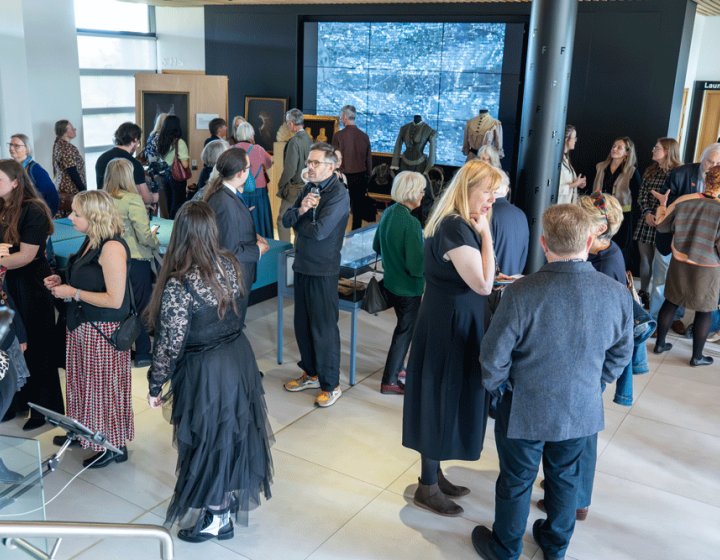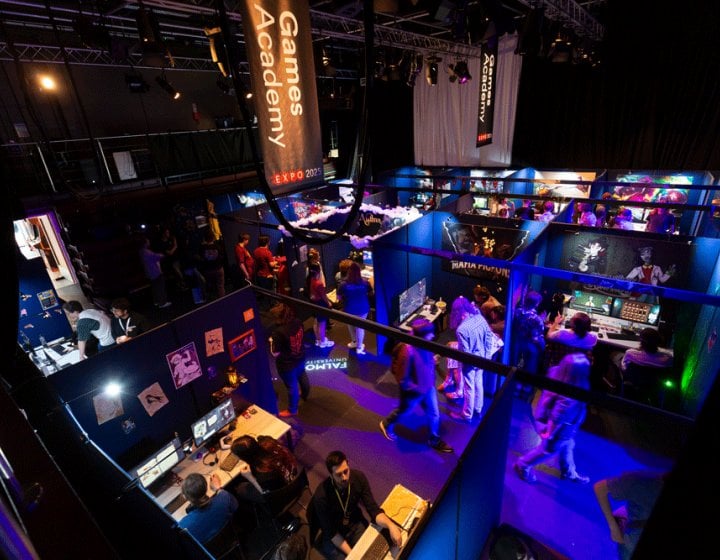Lecturer establishes historic Royal Musical Association study group
16 February 2021

Dr D Ferrett, Senior Lecturer in Popular Music, has become one of four academics to form the Popular Music Study Group at the Royal Musical Association (RMA), the first group of its kind to be established in the RMA’s 147-year history.
Founded in 1874, the association exists for the 'the investigation and discussion of subjects connected with the Art and Science of Music'. D sees the creation of the Popular Music Study Group as evidence of the RMA’s desire to broaden its framework when it comes to the analysis of music. “I think it’s a great sign that they have accepted this study group. By inviting the formation of our group, the association invites more inclusion and diversity whilst opening a space to further critically question the implications of ‘high’ and ‘low’ art oppositions.”
The way popular music is studied differs from traditional musicological analysis. For example, D explains that the study of popular music might put less emphasis on the score while, for instance, looking closely at the way music is performed, produced and distributed as part of the fabric of culture. “Arguably, the vital and interesting sounds, visuals and experiences of popular music importantly elude written representation or the score.”
The group has set out a definition of popular music, but D is keen to stress that the pointers should be regarded more as ways to begin a discussion about what popular music is, rather than as a concrete classification.
“As musicians and academics, we want to ask why the study of popular music is valuable culturally, socially, politically and so on – and moreover, who does it include and leave out? Is pop largely defined by what it isn’t, for example, in opposition to classical? Can we include music that isn’t commercially viable within our definition?
"Some musicians that I might regard under the umbrella term of popular music may want to totally disassociate themselves from that word, because they reject the connotations of popular music and its consumer-based industry context altogether. It’s an extremely interesting debate to pick up on, and one we’ll be examining closely.”
D will work alongside three other academics: Dr Tom Attah (Chair of the group), Dr Jon Stewart and Dr Christian Lloyd –all of whom are also musicians and performers. The group will reach out to a wider field of academics and experts, too –creating an inclusive framework of study.
Each member will bring something unique to the conversation. As the author of Dark Sound: Feminine Voices in Sonic Shadow, D will be able to give a particularly detailed insight into the cultural and historical association between darkness and the feminine within popular music and music discourse.
Students who study D’s Dark Sounds module are asked to construct playlists to respond to the materials presented to them.So, naturally, we had to ask the same of D. Listed below are a handful of her recommendations, which are well worth a listen.
D Recommends:
Guilty, Guilty, Guilty by Diamanda Galás




